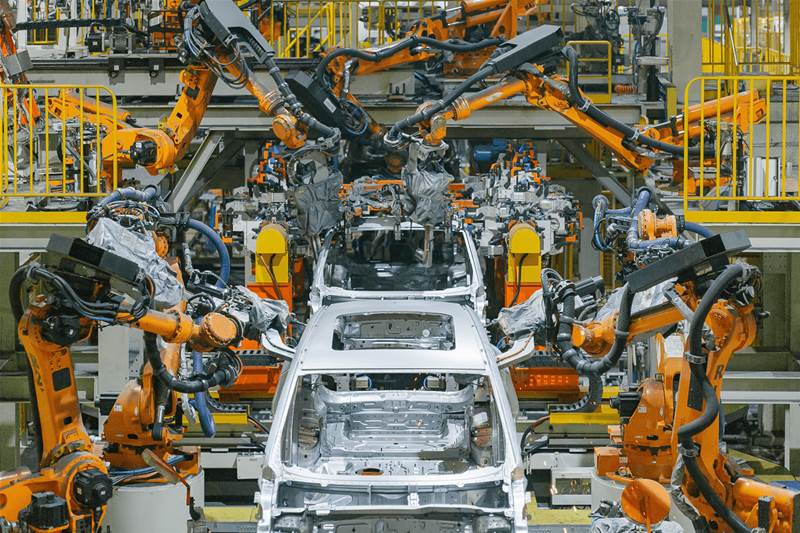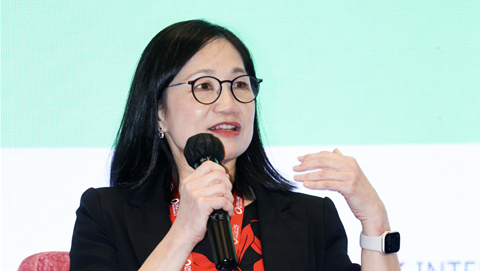Chery, a Chinese automaker and a manufacturing partner of Jaguar's Land Rover is automating production processes to enhance efficiency.
The company has successfully increased production capacity, enabling faster product customisation. It has built intelligent and connected Super Factories to focus on integrating advanced technologies and digital transformation.
Chery implemented Rockwell Automation FactoryTalk InnovationSuite, a comprehensive portfolio that brings edge-to-enterprise analytics, machine learning, industrial internet of things (IIoT) and augmented reality (AR) to industrial operations for better connectivity.
Less than three months after implementing this new architecture, Chery said the production tempo increased by 30 percent in its Super Factory, with a brand-new vehicle rolling off the assembly line every minute.
Jun Liu, Director of IOT Technology, at HiGOPlat IOT Technology, a subsidiary of Chery, said the company has been working on its Digital Chery strategy over the past few years by building two intelligent Super Factories in China.
“Completely automatic production allows us (Chery) to stay on target with our aggressive goals of zero product defects, zero work-in-progress inventory, low energy consumption, and zero emissions," Liu said.
In addition to production benefits, going paperless and increasing visibility, the firm has reduced labour costs by "more than 30 percent", he added..
Founded in 1997, Chery's products are sold in more than 80 countries and regions overseas, with a cumulative export of more than 1.7 million vehicles and more than 12 million users worldwide.
The company faced challenges in aggregating and contextualising data from complicated assembly and production processes. Their IT team required more operation visibility on manufacturing execution systems (MES) and enterprise resource planning information.
It looked for a platform that had Kepware industrial connection software and other built-in drivers to seamlessly connect to other devices. It also required the platform to support common protocols like OPC UA, MQTT, REST, EFM, ODBC or SNMP.
After conducting a lot of research, Chery said it partnered with Rockwell Automation to aggregate data and provide a "single source of truth" across the organisation.
For instance, maintenance technicians can securely access data from plant field devices and operators can access data from the production line.
"As Chery’s products grow smarter, so do our manufacturing operations and Rockwell Automation is helping us get there,” Lui said.
Integration
Chery could connect the FactoryTalk suite to Andon – the visual display management tool it uses to issue alerts and trigger events when operations fall outside expected parameters.
It also integrated the factory’s energy management system to track energy consumption for each piece of production equipment and run analytics on this data to optimise future operations.
Further, Chery said the suite has played a central role in mass customisation.
The automaker also implemented FactoryTalk ProductionCentre to enhance Chery factory's original MES system capabilities. It is a comprehensive MES to meet a range of productivity, quality, compliance and cost-saving goals.
Robots in automation
Chery has implemented mobile robots to streamline operations, improve efficiency, and enhance automated assembly. It claims to be one of the first automakers to use vision-based autonomous mobile robots (AMRs) in production.
Chery and robotics firm ForwardX have integrated more than 100 AMRs in the initial stage with the factory's logistics execution systems (LES) software to enable autonomous material movement across three assembly lines.
In terms of the welding workshop, the company said it adopts the "strongest" AI quality control system to create high-quality car bodies.
In early July, Chery announced that it would set up factories in Indonesia, Malaysia and Thailand for the production of fuel vehicles. It has also pledged US$400 million (S$544 million) to build a factory in Argentina to produce new energy vehicles in the future.









